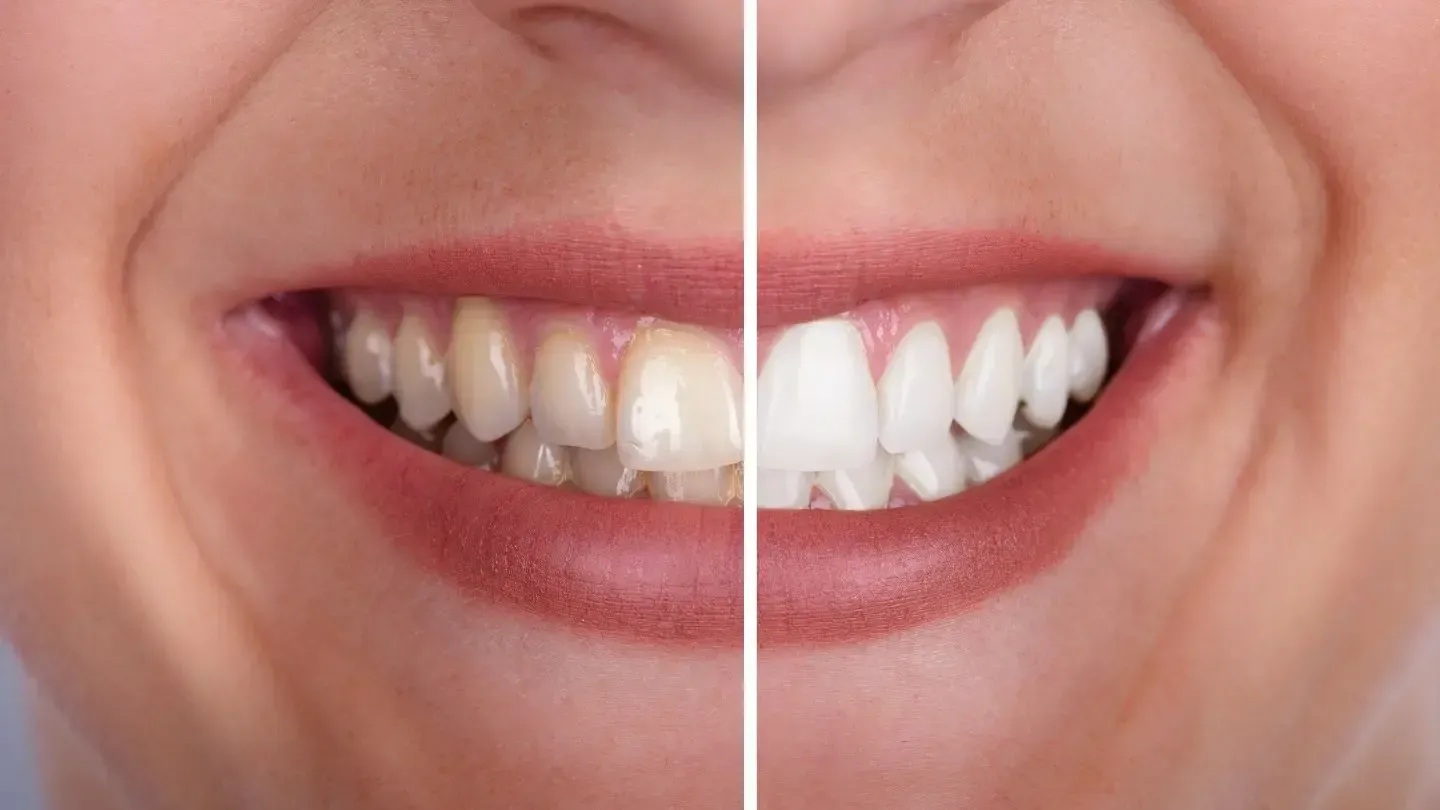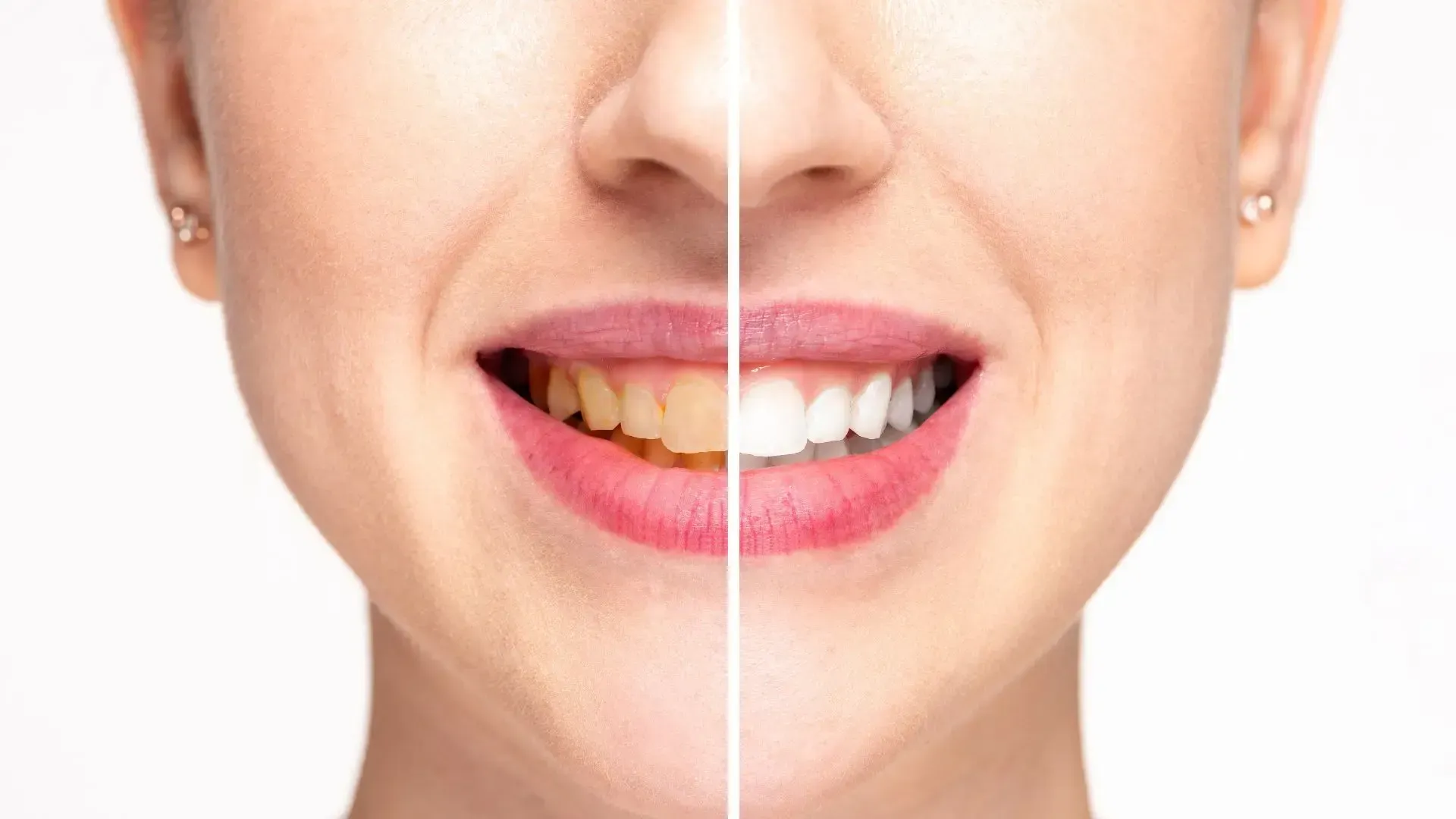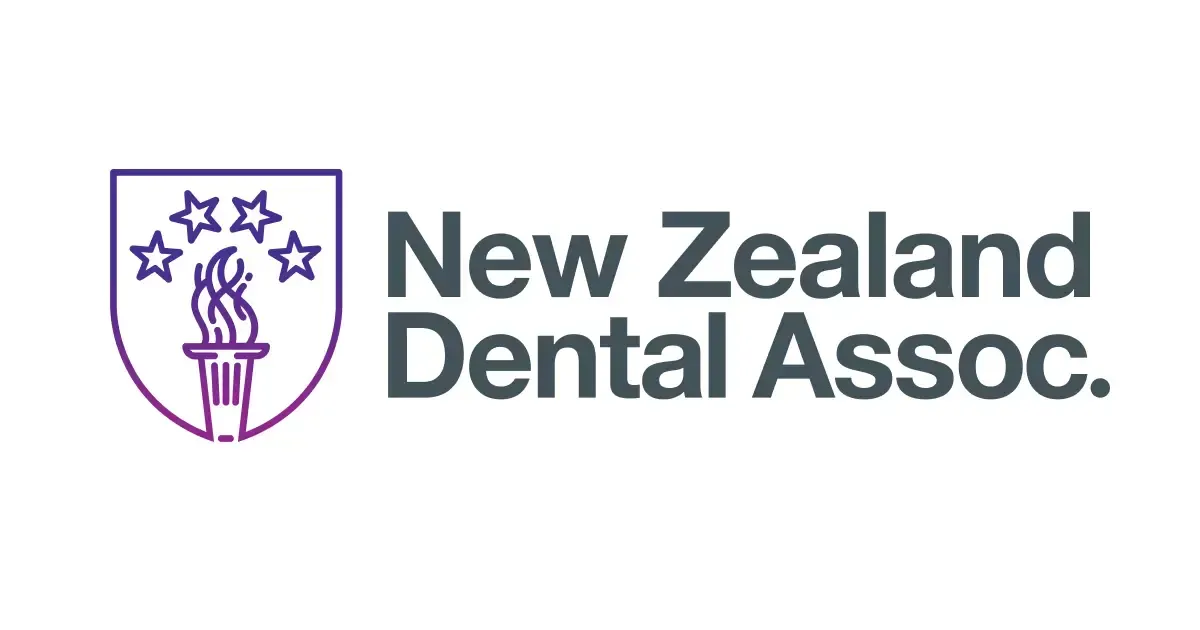Suffering in Silence with Toothache? Make Some Noise

How do you know you have a tooth infection? If you’ve got one, you’ll know about it. The pain associated with a tooth infection can be unexpected, extreme and debilitating. What often starts with the discomfort of a mildly throbbing and aching mouth escalates into excruciating pain over time. Although teeth are small, they are connected to several nerves which typically cause the pain to radiate over the face, jaw, neck and ears. The intense pain can dramatically impact your capacity to eat, sleep, work and function – tooth infections are not fun.
What causes tooth infections?
Pulp is the soft live part of a tooth underneath the enamel layer; it consists of blood vessels, connective tissue and the all-important nerves. Inflammation of the pulp is called pulpitis, and the main cause is, and this will be no surprise to you, tooth decay. Tooth infections occur when bacteria invade the tooth pulp and spread to the surrounding tissues.
Bacteria gains access to the interior of the tooth through cavities, but it can also sneak in following poorly performed dental hygiene and trauma such as via a cracked tooth. As your body’s immune system fights the infection it produces pus which builds up at the root of the tooth – this is called an abscess. Abscesses are incredibly painful and require immediate quality dental care.
Signs of tooth infection
One of the first symptoms of a tooth infection is a sore and throbbing tooth or mouth, but there are other signs that indicate a problem with your oral health:
- Tooth very sensitive to hot food and fluid, lasting after you have swallowed.
- Tooth very tender to bite on.
- You suffer from persistent bad breath.
- A bitter or sour taste in your mouth.
- Your teeth feel loose.
- Your gums are swollen and/or red.
- A sore develops on your gums.
- Your neck glands are swollen and/or fever.
- You develop tooth sensitivity.
If you become aware of any change in how your mouth feels, it’s important to make an appointment for one of dental clinics in Christchurch as soon as you can. A mild tooth infection is treatable and reversible; however, if left untreated an infection can cause you to lose your teeth and you risk the infection spreading to your jawbone, sinuses and, in extreme cases, the brain.
How to treat an infected tooth
Over the counter pain killers may offer some temporary relief, but the intense discomfort will soon return. Again, it’s important you visit one of Duxton Dental’s Riccarton dentists to assess the best course of action to provide a long-term solution.
Depending on the severity of the tooth infection, your dentist will have several dental treatment options to consider:
- Prescribe antibiotics to stop the spread of infection.
- Drain the abscess.
- Commence root canal treatment
- Remove the tooth
Prevention is better than cure
Good oral health is crucial for maintaining good general health, the two go arm in arm. Medical problems such as heart disease, stroke, cancer and diabetes are linked with dental oral health. By having regular dental examinations, we monitor your oral health and provide preventative dental health care as well as dental treatment as and when you need it.
If you have any concerns about any aspect of your oral health – a recurring toothache, unusual sensations, persistent aches and pains, please do not keep quiet. Call Duxton Dental today on 03 348 5488 to make an appointment or drop us a line here.

















